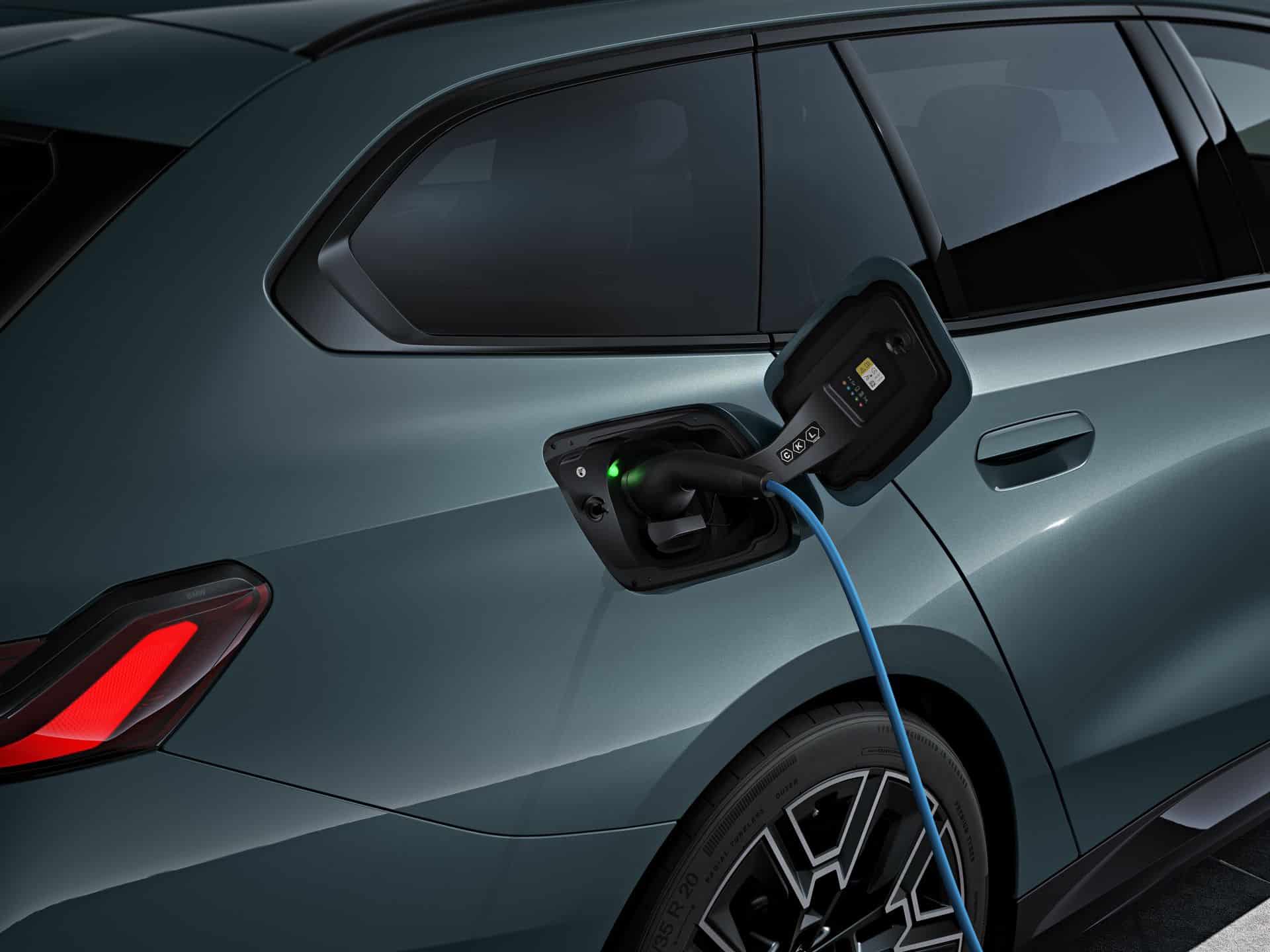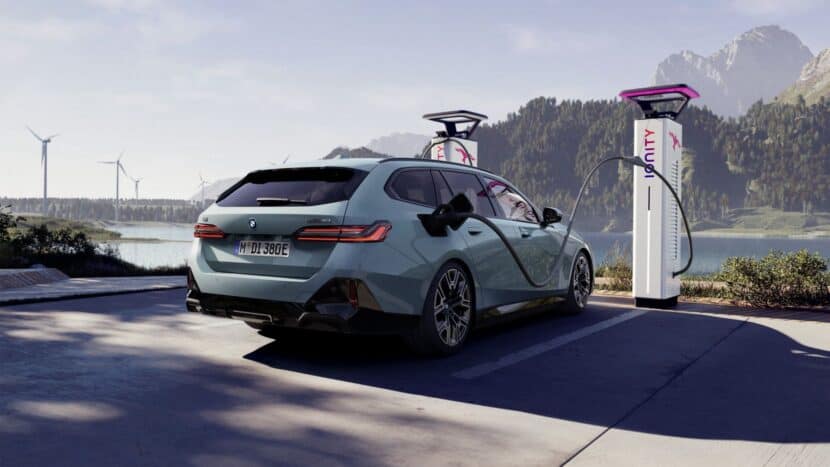
[ad_1]

In the course of the BMW Annual Press Convention, Chief Govt Officer Oliver Zipse addressed an vital query from the media: How is BMW making ready for the upcoming CO2 targets? Prior to now, Zipse has advocated for a reassessment of the European Union’s carbon dioxide (CO2) rules, amidst growing obligations on automobile producers to cut back carbon emissions in preparation for the 2035 ban on automobiles powered by fossil fuels. Based on the BMW CEO, that stance has not modified for him: “It’s essential for the EU to reevaluate its CO2 fleet regulation,” Zipse informed the media.
By 2025, the European Union mandates a 25% reduce in fleet emissions for brand spanking new passenger automobiles bought in Europe relative to 2021 ranges, a requirement that conventional automobile producers are protesting. They contend that the way forward for their trade shouldn’t hinge on whether or not shoppers select to buy electrical automobiles (EVs) or not. Non-compliance with these stringent rules will incur a big penalty: automakers shall be fined €95 (roughly $102) for every car registered within the EU, with this fantastic growing yearly for every gram of CO2 per kilometer that exceeds the stipulated goal.
Remarkably, BMW has already managed to decrease its fleet CO2 emissions to a mean of 20% beneath the EU’s goal for 2023. Moreover, Zipse has acknowledged that the corporate is well-positioned to fulfill the 2025 targets, noting that final yr, electrical automobiles accounted for 15% of BMW’s gross sales, with an ambition to extend this to twenty% by 2025. By 2030, BMW anticipates that BEVs will signify 50% of its international gross sales, doubtlessly attaining even greater figures in Europe. “By the top of 2025 the world will observe that it’s not that simple,” Zipse mentioned. “By then the strain then shall be important for the European automotive trade.”
Nevertheless, he cautioned towards underestimating buyer resistance in the direction of the shift to EVs, emphasizing the significance of shopper alternative within the transition. The EU has dedicated to reviewing its progress in the direction of zero-emission car gross sales in 2026.
[Source: AutoNews]
[ad_2]
